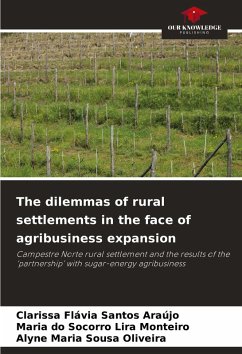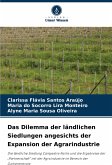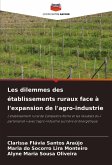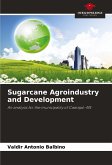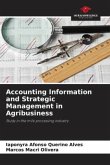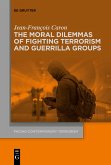The expansion of sugar cane monocultures, which was accentuated above all by the growth in ethanol production in the 2000s, due to the search for new sources of 'clean and renewable' energy and the creation of flex fuel engines, has reconfigured the ways in which land is appropriated in various Brazilian regions. As a result of this expansion, rural settlements have become part of the market through the installation/expansion of sugarcane plantations. With this in mind, we investigated the social, economic, political/institutional and environmental consequences of sugar cane production in the Campestre Norte Rural Settlement, as a result of the 'partnership' with the sugar-energy agribusiness in the state of Piauí-Brazil. The results of the research showed that the settlers reproduce themselves through the income from the 'partnership' with Usina Comvap Açúcar e Álcool Ltda., and are characterised as sugarcane producers, submitting to the logic and production practices engenderedby the company, which establishes power relations, which has led to a territorial reconfiguration of agribusiness to the detriment of family farming.
Bitte wählen Sie Ihr Anliegen aus.
Rechnungen
Retourenschein anfordern
Bestellstatus
Storno

